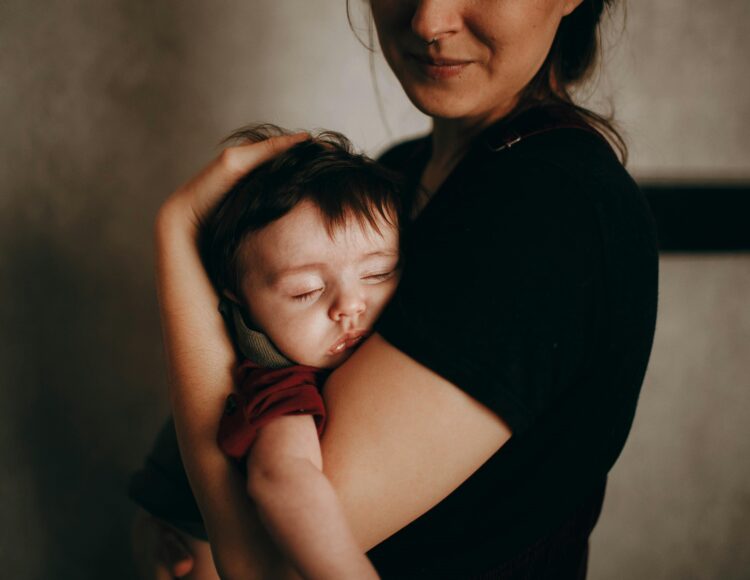Take note of these bedtime strategies to ensure your family’s sleep is minimally disturbed at this time
The clocks go back on Sunday 27 October and many of us are dreading it for various reasons.
It signifies the start of winter, the end of summer, short days, long nights, dark mornings – let’s be honest, there’s a lot to dislike! However, more importantly for many families, it can cause disruption to a well-maintained sleep schedule.
Irish sleep expert Lucy Wolfe is keenly aware of this but states that it can take a few days (or as long as a week) for the body, both adults and children alike, to adjust to the challenge to our natural body clock.
Here’s what she suggests to make the transition as smooth as possible:
- It can be helpful to do nothing. You and your child can immediately follow the time once the clock changes. If your child historically wakes at 7am and goes to bed around 7pm, the day the clock changes it will say 6am, but it is no different to the day before. Stick to the same schedule – wake no later than 7.30am “new time” if applicable and put them to bed at their typical bedtime – for example, when the clock says 7pm, but to them it is 8pm. This is a perfect solution for babies and toddlers who are not sensitive to being over-tired and highly adaptable, they adjust within a few days and re-settle into the same schedule they have been on before the change.
- The second option is to slowly change your child’s schedule over the course of a few days before the time change. For example, on Wednesday 23 October, 4 days prior to the time change, put your child to bed 15 minutes later than normal in the hope that they wake 15 minutes later in the morning – this is determined by our internal clock, so may not always happen. Proceed to offer their naps and meals 15 minutes later. For the next few days put them to bed 15 minutes later each night until the night of the time changes and you will be back to your normal timetable and no further adjustment are required.
- Wait until Sunday and then, you can split the difference, between the old and the new time. Continue with your normal schedule and then on the actual day, be flexible and alter the schedule as much as your child can handle. I find that a half-way meeting between the “old” time and the “new” time works well; on Sunday naps and bedtime would be offered 30 minutes later than normal. So, they might go to bed at 7pm and this would have been 7.30pm on the day before, so 30 minutes beyond their typical bedtime adjusting meals and naps accordingly.

Whatever approach you decide, place special attention on the mornings after the time change:
On the first two mornings after the time change avoid starting the day before 5/5.30am “new time” (this would have been 6/6.30am the day before) and then from Tuesday morning onwards, treat any wake-up before 6.00am “new time “as night-time and proceed on that basis hereafter. Always have a predictable response so that you do not ingrain early waking going forward.
If your child is on a single nap already, then the ideal time for this nap is 1pm. If the early waking makes this hard then bring it forward to 12pm and then adjust towards 1pm over a few more days. If your child is super-tired before 10am then provide a 20 minute “filler nap” and the main nap about three hours later, so that the wake time of the single nap can complement bedtime.
Whatever you decide to do, acknowledge that it can take about a week plus for the body to get used to any kind of change in sleeping habits and as a result you can expect your days and potentially your nights to be a little off.
Some important points
- Decide on which option suits your family unit and child’s temperament best to help with this transition.
- The time change can have a more significant impact on children who are not well-rested to begin with, resulting in crankiness, early morning waking, night waking and short naps.
- Continue to pay attention to your child’s tired signals and act accordingly, implementing an earlier bedtime if necessary.
- Have a consistent response if they are struggling to sleep and avoid ingraining inappropriate sleeping habits that you may need to address in the future.
Lucy is hosting a Sleep Seminar at Kidsapce Rathfarnham on Sat 5 Oct. Tickets cost €30 including complimentary playtime for the older kids, should you wish to bring them. For tickets and more information, visit kidspace.ie.








